Sancintya Mohini Simpson
Kūlī Nām Dharāyā / They’ve Given You the Name ‘Coolie’
22 February–25 July 202022 Feb–25 Jul 2020
IMA Belltower at the Judith Wright Centre of Contemporary Arts
Kūlī Nām Dharāyā / They’ve Given You the Name ‘Coolie’ evokes the lived experiences of indentured labourers taken from India to Natal (now KwaZulu-Natal, South Africa) to work on sugar plantations during the late 1800s and early 1900s. Continuing to trace her familial history, Simpson creates a new archive that speaks to shared narratives of indentured labour.
The word ‘coolie’ was often used derogatively for the Indian indenture diaspora. By using language linked to this past, Simpson’s exhibition brings forward colonial narratives to acknowledge the strength of her people. Their stories and legacies are embodied in a large corrugated-iron structure, filled with video, sound, and smell. Through this sensory and immersive work, Simpson offers a reflective space for ongoing resistance and healing.
The exhibition is accompanied by a new projection work, developed in collaboration with Sai Karlen, for the façade of the Judith Wright Centre.
IMA Belltower at the Judith Wright Centre of Contemporary Arts and the IMA are supported by the Queensland Government through Arts Queensland.
Curated By
- Freja Carmichael
Sancintya Mohini Simpson completed a Bachelor of Photography with Honours at Queensland College of Art, Griffith University, in 2014, and a Graduate Certificate in Writing, Editing, and Publishing at the University of Queensland, in 2016. Her solo exhibitions include Remnants of My Ancestors at Boxcopy (2019), Natal’s Coolie Women at Carpark (2019), and Bloodlines at Metro Arts (2018). In 2019, she was in group shows, including New Woman at Museum of Brisbane, Moon In My Mouth at Schoolhouse Studios, and Botanica at Brisbane City Botanic Gardens. Her work is in the collections of UQ Art Museum and Museum of Brisbane.
Freja Carmichael is a Ngugi woman belonging to the Quandamooka People of Moreton Bay. She is curator of the IMA Belltower at the Judith Wright Centre of Contemporary Arts. Carmichael works on projects that focus on collaborative curatorial approaches and promote and preserve First Nations fibre knowledge. She curated Weaving the Way at UQ Art Museum (2019) and Seeing Country at Redland Art Gallery (2019). She was a co-curator of The Commute, at Institute of Modern Art, Brisbane (2018), and its subsequent iterations The Layover at Artspace Aotearoa, Auckland (2019), and Transits and Returns at Vancouver Art Gallery (2020).















